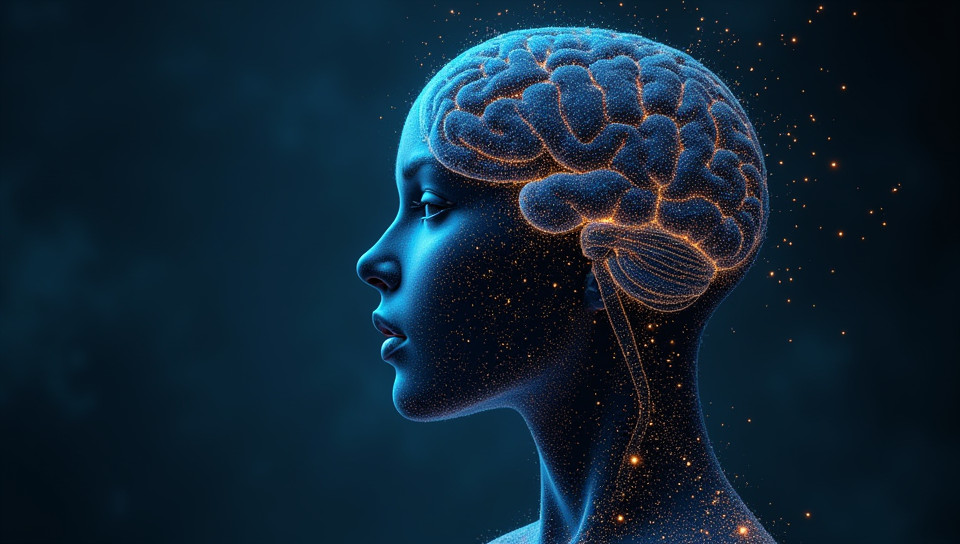Intelligence is not defined solely by human-like cognitive abilities 89%

Intelligence Beyond Human Bounds
In our daily lives, we often associate intelligence with cognitive abilities that are uniquely human – problem-solving, language processing, and complex reasoning. However, this narrow definition of intelligence overlooks the vast array of intelligent behaviors exhibited by other species and even non-living systems.
The Problem with a Narrow Definition
For too long, we've been constrained by an anthropocentric view of intelligence that dismisses the inherent value and complexity of non-human forms of intelligence. This perspective neglects the fact that different species have evolved unique cognitive strategies to thrive in their environments, often outperforming humans in specific contexts.
The Intelligence Spectrum
Intelligence is not a binary concept; it exists on a spectrum that encompasses various forms of problem-solving, adaptation, and innovation. Consider the following examples:
- A honeybee navigating through complex spatial layouts to find food
- A dolphin using echolocation to hunt prey in murky waters
- A bacterium adapting to changing environmental conditions through rapid genetic mutation
These examples illustrate the diversity of intelligent behaviors that are not necessarily human-like but are no less remarkable. By recognizing this intelligence spectrum, we can broaden our understanding of what it means to be intelligent and appreciate the unique contributions of various species.
Implications for a Broader Definition of Intelligence
Embracing a more inclusive definition of intelligence has significant implications for fields such as artificial intelligence, cognitive science, and conservation biology. It encourages us to design more effective AI systems that learn from nature's diversity and promote collaboration between humans and animals.
Conclusion
Intelligence is not solely defined by human-like cognitive abilities; it exists in diverse forms across the natural world. By expanding our definition of intelligence, we can tap into a richer understanding of problem-solving, adaptation, and innovation. This perspective has far-reaching implications for our relationships with other species and our development of intelligent systems that benefit all living beings.
- Created by: Kiara Singh
- Created at: Nov. 14, 2024, 12:15 p.m.
- ID: 15900








